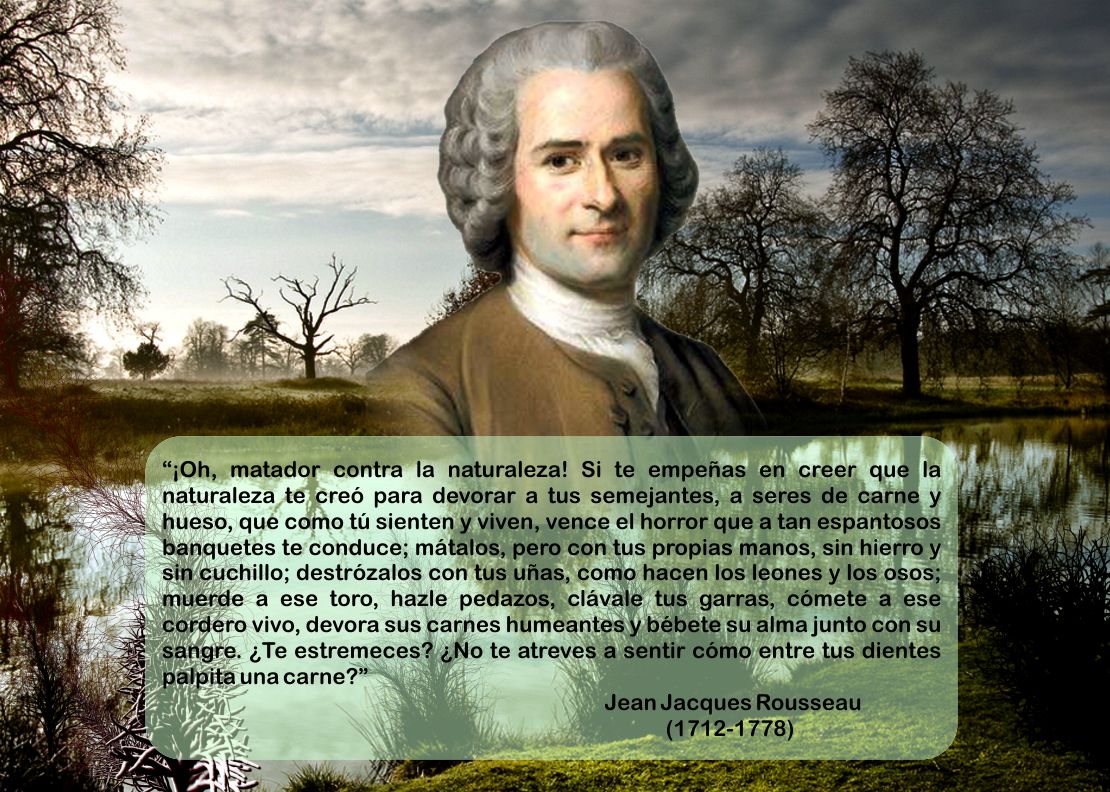

When either end of the contract is violated, the loyalty is said to be shattered. They pledge the monarch allegiance, and the ruler promises them safety and excellent governance in return. It has nothing to do with the beginnings of society in general, but it attempts to specify the conditions under which society is to be governed: the people have entered into a contract with their ruler that governs their interactions with them. The term social contract often involves two different kinds of contract: The first being related to the origin of the state and the second type of social contract may be more aptly referred to as the contract of government or the contract of submission. According to Rousseau, only the sovereign people really do have an all-powerful right. The Social Contract reasoned that rulers did not have divine authority to legislate. The Social Contract aided in the inspiration of political reforms or revolutions throughout Europe, particularly in France. Rousseau’s appreciation for nature is a recurring subject in his later writings. The major argument of the text is that humans are fundamentally good by nature, but have been tainted by the complicated historical events that have resulted in modern civil society. These ideas spread rapidly and made Rousseau famous and recognisable, laying the foundation for his more in-depth work ‘The Discourse on the Origin of Inequality. Rousseau argues in this essay that the advancement of science and the arts has corrupted virtues and morals. His first significant work on philosophy was titled ‘A Discourse on the Sciences and Arts’. Jean-Jacques Rousseau was a prominent theorist, writer and philosopher during the Enlightenment in 18th century Europe.


 0 kommentar(er)
0 kommentar(er)
